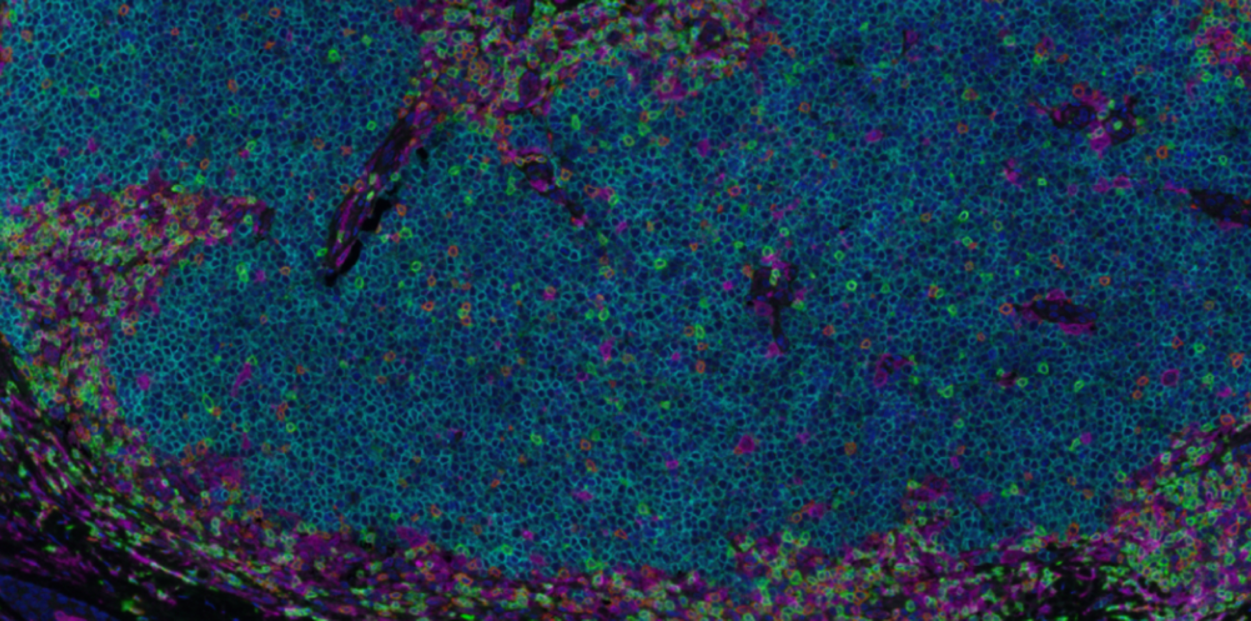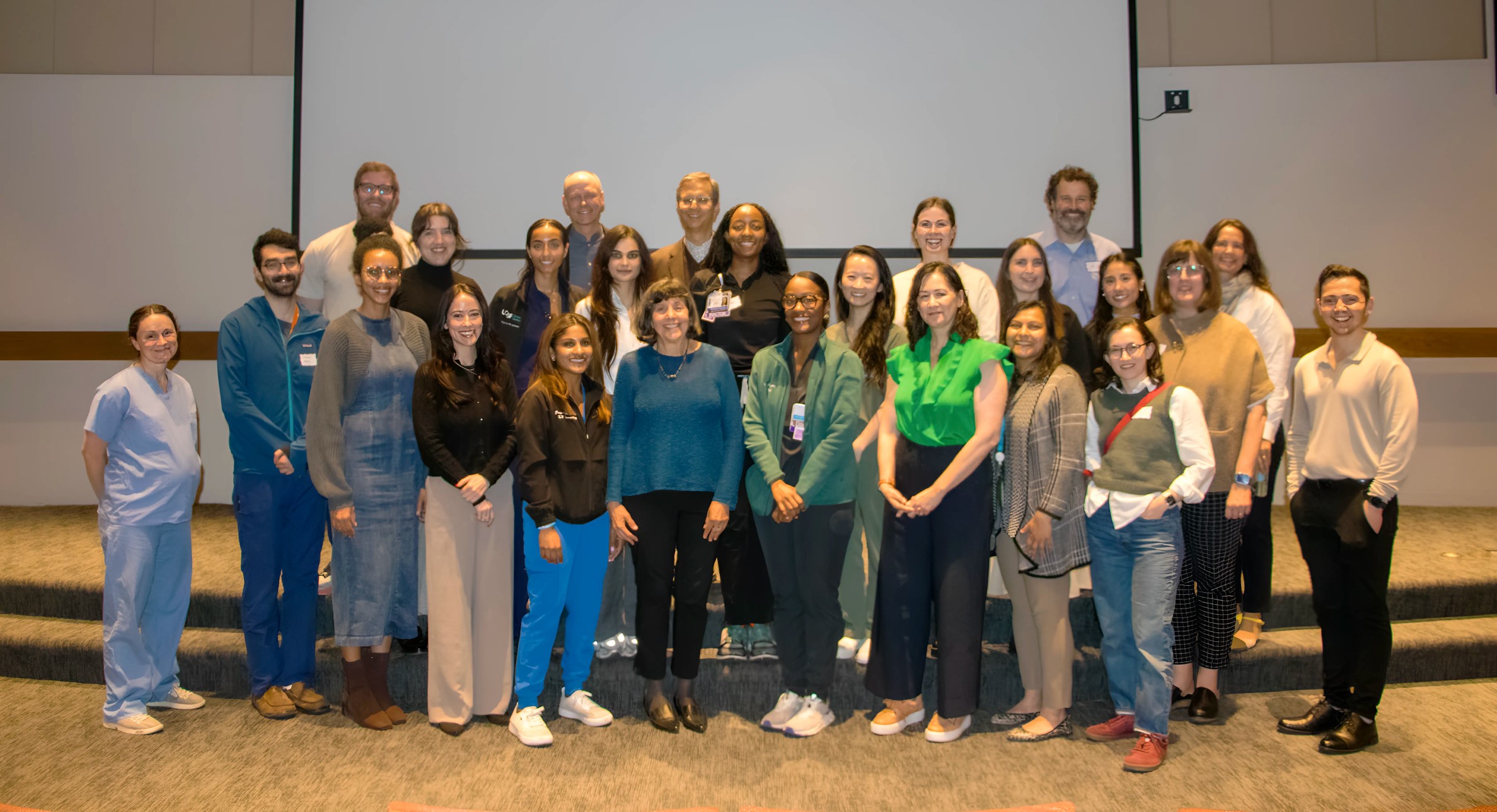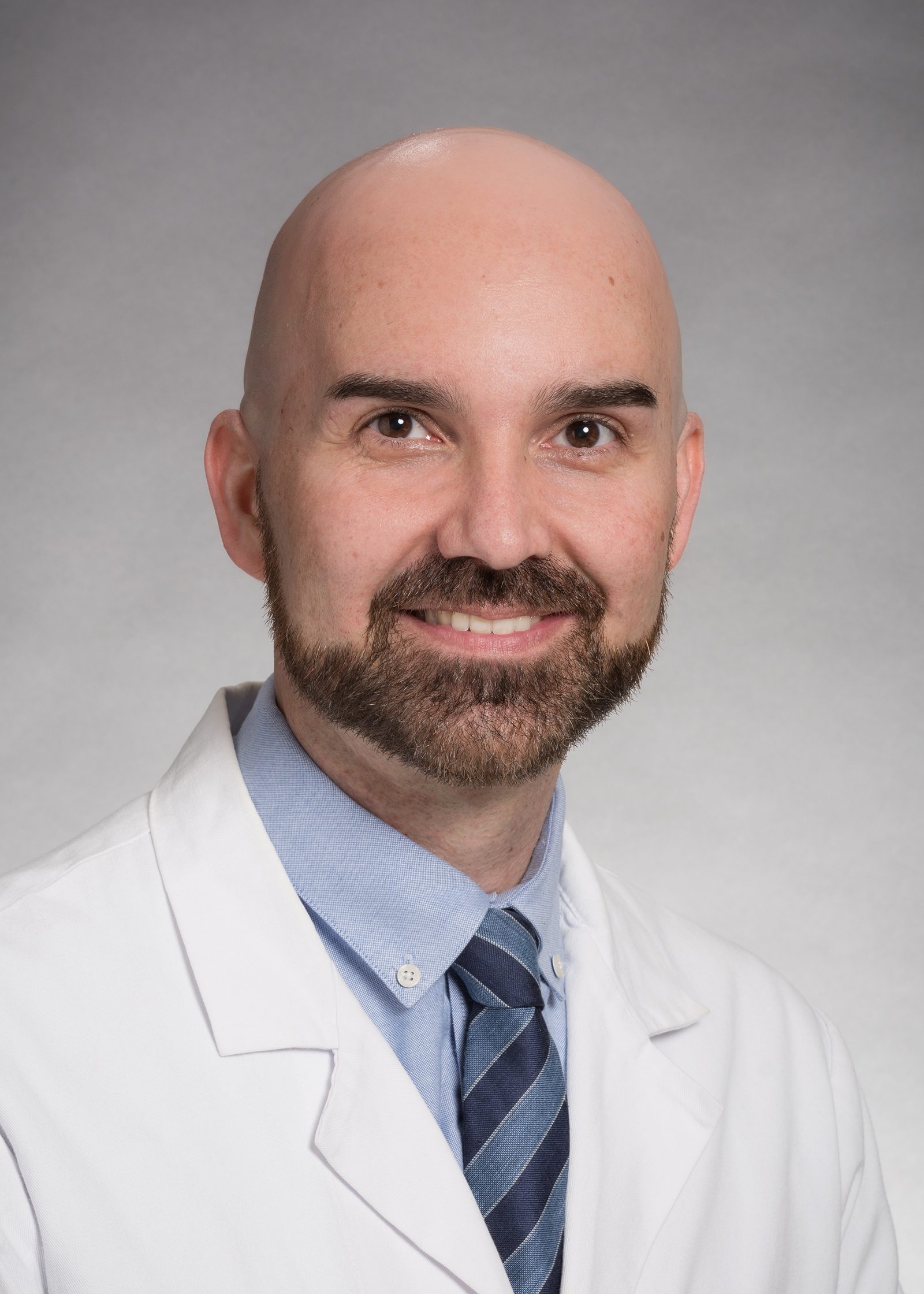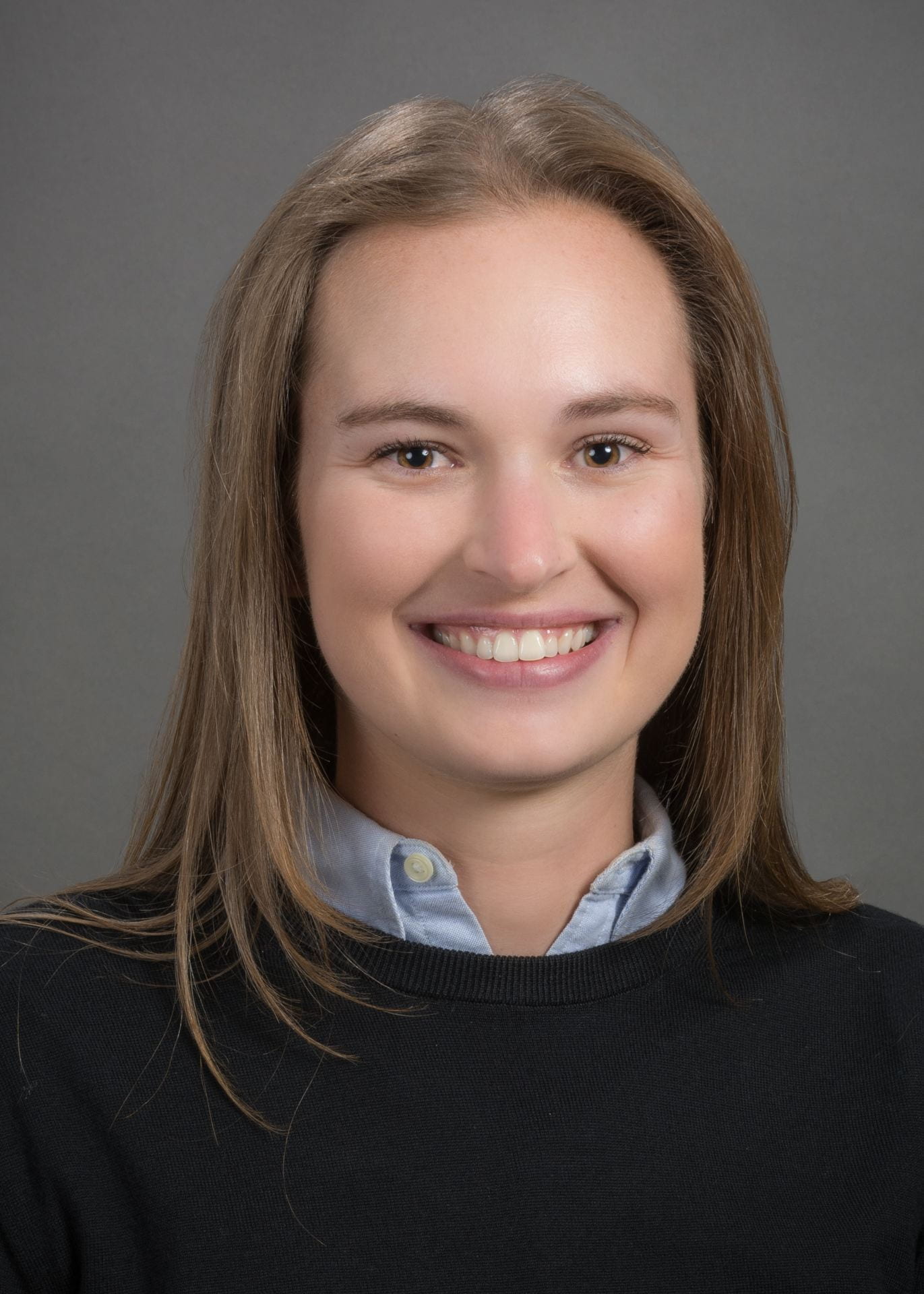Faculty Spotlight: Dr. Andrea Kalus
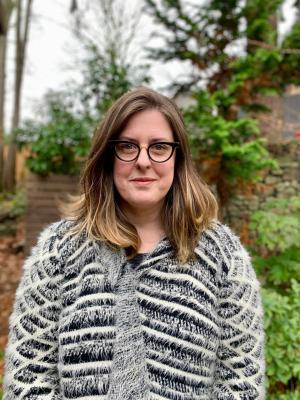 For some, the sciences and humanities may seem like opposites. The practices of medicine and art run counter to one another. However, many physicians, like Dermatology Associate Professor Dr. Andrea Kalus, would disagree.
For some, the sciences and humanities may seem like opposites. The practices of medicine and art run counter to one another. However, many physicians, like Dermatology Associate Professor Dr. Andrea Kalus, would disagree.
Applying Creativity to Medicine
Dr. Kalus co-directs the Rheumatology-Dermatology Clinic at the UW Roosevelt Clinic, is the Director of the UW Phototherapy Unit and a practicing dermatologist who focuses on autoimmune diseases, complex medical dermatology and phototherapy. Dr. Kalus is also an active physician-scientist who partners with multidisciplinary research teams to study lupus, dermatomyositis and skin manifestations of systemic disease.
Dr. Kalus shares, "my clinical work grounds everything I do. The privilege of working with patients enriches the teaching I do, informs research questions and remains the core of my work."
As an educator, Dr. Kalus teaches medical students and residents in all levels of their training and is passionate about incorporating creativity and the arts into medical education.
"I have been using art to teach observation and noticing for more than 10 years," says Dr. Kalus. "Incorporating humanities in medical education supports a diverse approach to education and fosters intellectual curiosity, encourages multiple perspectives on learning and provides tools to manage ambiguous situations."
Humanity and the Arts Pathway
Seeking to formally integrate these principles into the medical school curriculum, the Humanities and the Arts Pathway (HAP) was introduced by UW School of Medicine students as a 4-year elective in January, 2020, with Dr. Kalus as the faculty advisor.
"HAP provides a unique educational experience for medical students to engage with patient stories and the experience of becoming a physician through the use of modules, clinical experiences, reflection, and creative expression."
HAP and similar humanities-based curricula in medical schools teach students, even those with little experience in the arts, valuable skills they will use as a physician through the iterative process of creation. The AAMC report “The Fundamental Role of the Arts and Humanities in Medical Education” describes the growing body of literature on the efficacy of incorporating the arts in to medical education through a variety of art forms, including literature, poetry, theater, performing arts, and visual arts, as well as various curricula that employ these forms. Dr. Kalus also attests, “participatory art programs for providers can reduce stress, build community and reduce burnout.”
55 Word Storytelling
One such project Dr. Kalus has recently been involved with utilizes storytelling to help healthcare providers collectively cope with the COVID-19 pandemic.
"In March of 2020, together with several UW colleagues, we embarked on a “55 Word Storytelling” project soliciting reflections about experiences during the pandemic. Submitted stories came from trainees and students, nurses and doctors, medical assistants and interpreters and many more.
"In the first month of the pandemic response, our community contributed over one hundred powerful stories. Submissions continued and national interest from other schools and the AAMC followed with similar projects.
"The kindness, reflection and deeper connection to others and ourselves through storytelling has been sustaining for me during this challenging year."
Community Involvement
Dr. Kalus’s creative and compassionate approach to medicine is of direct value to her patients, trainees and colleagues. Dr. Kalus was selected for a teaching award by the Dermatology residents in 2010 and she received the UW Excellence in Mentoring Award in 2017. She is also a leader in the field, serving as the immediate past president (2020) and current member of the Washington State Dermatology Association.
Dr. Kalus is a proud member of the UW Medicine community, having completed her Medical Degree, residencies and chief residencies (Medicine and Dermatology) all at the UW School of Medicine before joining the UW Division of Dermatology as a faculty member.
"As a tertiary care center, we have amazing resources of clinical experts and talented trainees that provide critical contributions to patient care. I’m really proud to be a part of that. I am regularly amazed by the colleagues and trainees I work with and thankful for them."



